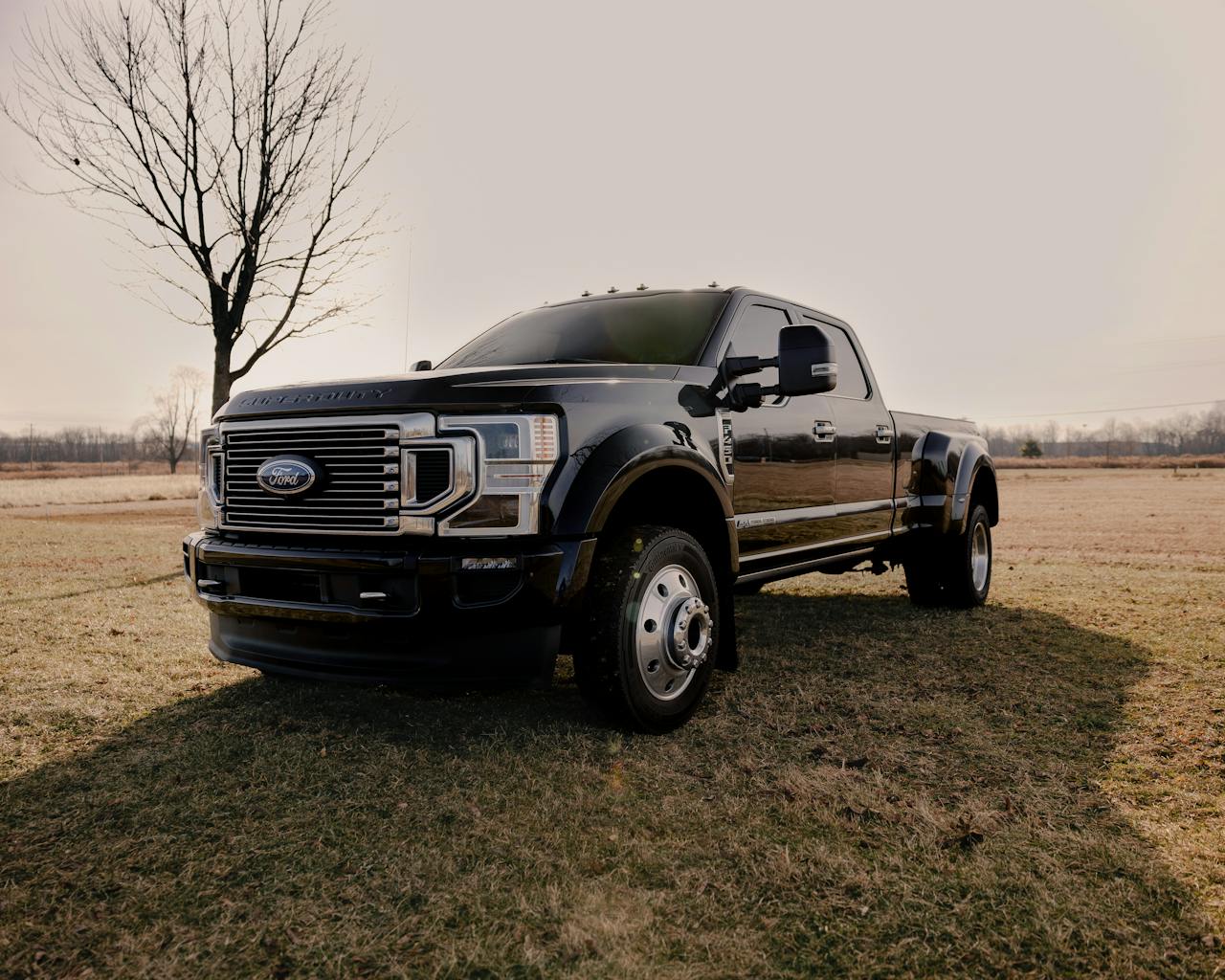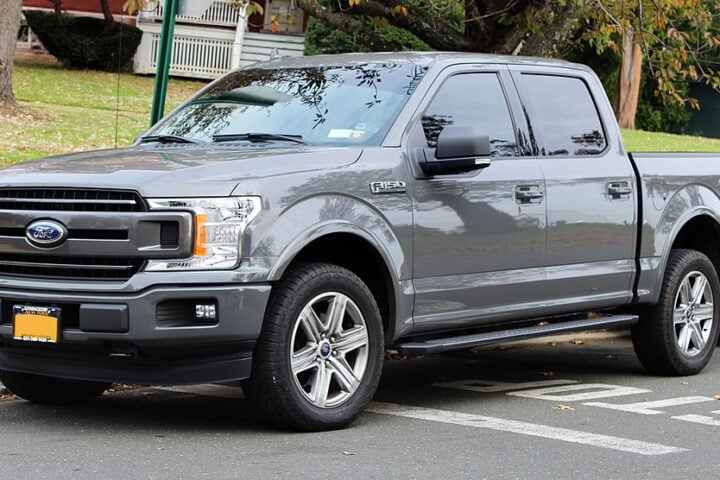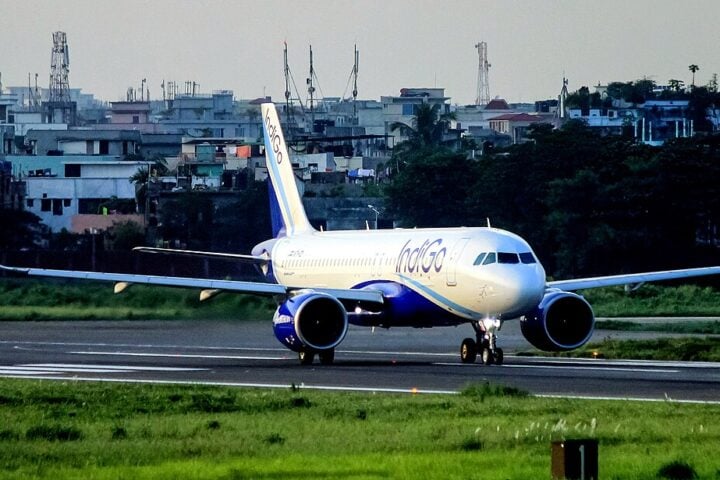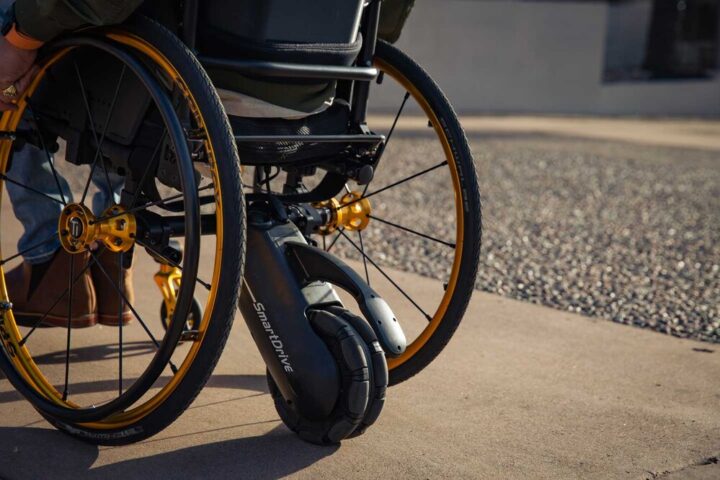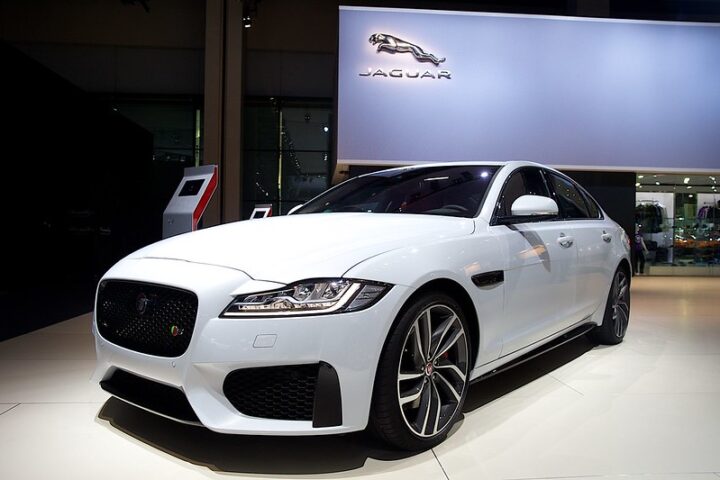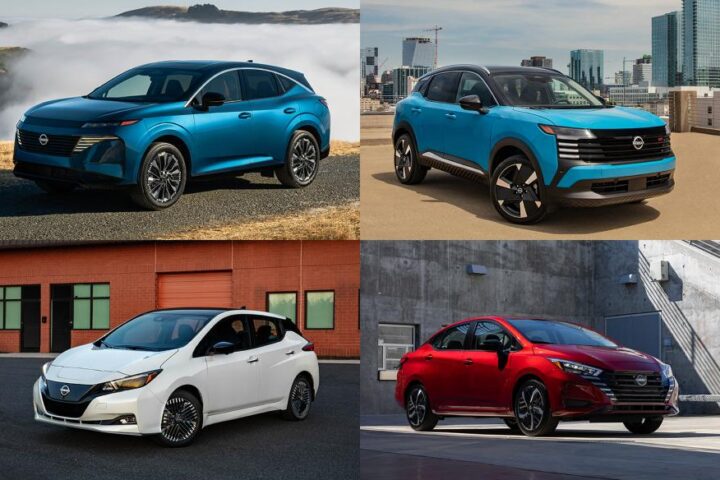Ford Motor Company has stopped shipping several U.S.-made vehicles to China due to crushing tariffs that have climbed as high as 150% amid the escalating trade war between Washington and Beijing.
The Michigan-built F-150 Raptor, Mustang, and Bronco, along with the Kentucky-made Lincoln Navigator, will no longer make their way to Chinese showrooms, marking a direct business casualty of the trade conflict.
“We have adjusted exports from the U.S. to China in light of the current tariffs,” a Ford spokesperson confirmed in a statement, without specifying the exact models affected.
Similar Posts
Sharp Drop in Export Volume
This halt affects a relatively small slice of Ford’s China business. The company exported about 5,500 vehicles from the U.S. to China in 2024, far below the annual average of 20,000 over the past decade. Overall, Ford sold 442,000 vehicles in China last year, capturing 1.6% of the market.
While the high-profile American models are no longer viable for export, Ford will continue shipping U.S.-built engines and transmissions to China. The company also maintains several manufacturing joint ventures with Chinese partners that produce vehicles under both the Ford and Lincoln brands.
Both Sides Feel the Tariff Pain
The tariff situation cuts both ways. The Lincoln Nautilus, manufactured in China, now faces heavy U.S. import duties when shipped to America. This illustrates how the trade conflict has complicated cross-border operations for global automakers.
Despite these hurdles, Ford’s Chinese ventures delivered approximately $900 million in operating profits in 2024, according to Ford Vice Chairman John Lawler.
Industry-Wide Pain Expected
Ford’s export halt signals the broader impact of trade tensions on automakers. A recent Center for Automotive Research analysis projects that President Trump’s 25% automotive import tariffs will raise costs for U.S. automakers by about $108 billion in 2025.
While Trump recently hinted at possible modifications to auto-related tariffs, the uncertainty has forced companies to make difficult operational changes. Ford appears better positioned than some competitors to weather the storm, as it produces roughly 80% of its U.S.-sold vehicles domestically.

Still, an internal Ford memo sent to dealers and viewed by Reuters indicates the company may raise prices on new vehicles if tariffs persist.
For Chinese consumers who sought American automotive icons like the Mustang or Bronco, options are now severely limited as these models vanish from the market. The trade standoff has effectively made these distinctly American vehicles economically unviable in China, reshaping consumer choices and forcing automakers to adapt their global strategies.
